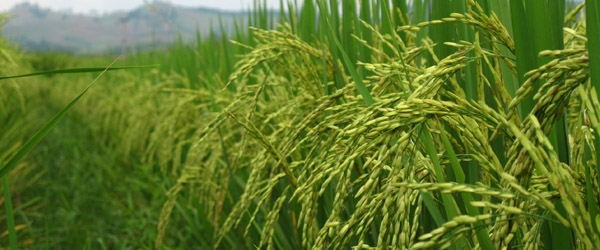Rice Imports To Iran From India and Thailand Reduced - A New Trade Gap?
19 Novr 2014

Trade with Iran in rice may offer only limited opportunities this year. Iran has surplus stocks of rice; coupled with seasonal high yields this year also, it intends to cut down its rice imports.
Minister of Agriculture says that imports are not restricted, as they have been in recent months, but that for the remainder of the year, supplies are able to meet internal domestic demand. There is also, he said, fair regulation of the market. Prices are determined by the market in terms of natural supply and demand.
This may have some detrimental impact on India and Thailand, Iran’s main suppliers of rice. Tehran’s decision to restrict import of rice trade with Iran if it has higher arsenic pollution levels is significant for India’s basmati rice exporters in particular. Iran has reduced the rate of acceptable levels from 150 ppb to 120 ppb. Iranian customs import duties for basmati rice were also increased from 22% to 45% in September this year according to the Oryza.com website.
According to the Agricultural and Processed Food Products Export Development Authority, (Ministry of Commerce, Industry and Government, India) 30% of all India’s Basmati rice exports got to Iran, so the significance of Iran’s import export policy cannot be understated. India is the second largest global producer of rice and cereals. 1.44 million tonnes of rice were exported to Iran between April 2013 to March 2014. Iran is also one of India’s five major importers of cereals.
Thailand faces different challenges from Iran, since a default from a Thai export company defaulted on an order in 2011. At that point, Iran terminated imports from that country, a situation the Thais have been lobbying to reverse since.
The U.S. Department of Agriculture (USDA) estimates that Iran will produce about 1.386 million tonnes of rice and that it will import 1.7 million tonnes in October 2014 - September 2015. USDA estimates demand to stand at around 3.45 million tonnes. Doing the maths here, that leaves a shortfall of nearly half a million tonnes, which may mean some limited opportunities for trade with Iran for project managers with expertise and contacts in this commodity sector. Every extra deal, however, contributes to the bottom line and boost to profits for freight forwarders and logistics companies such as the White Rose Group and their partners.

our contact form.
The White Rose Group looks forward to hearing from you.



